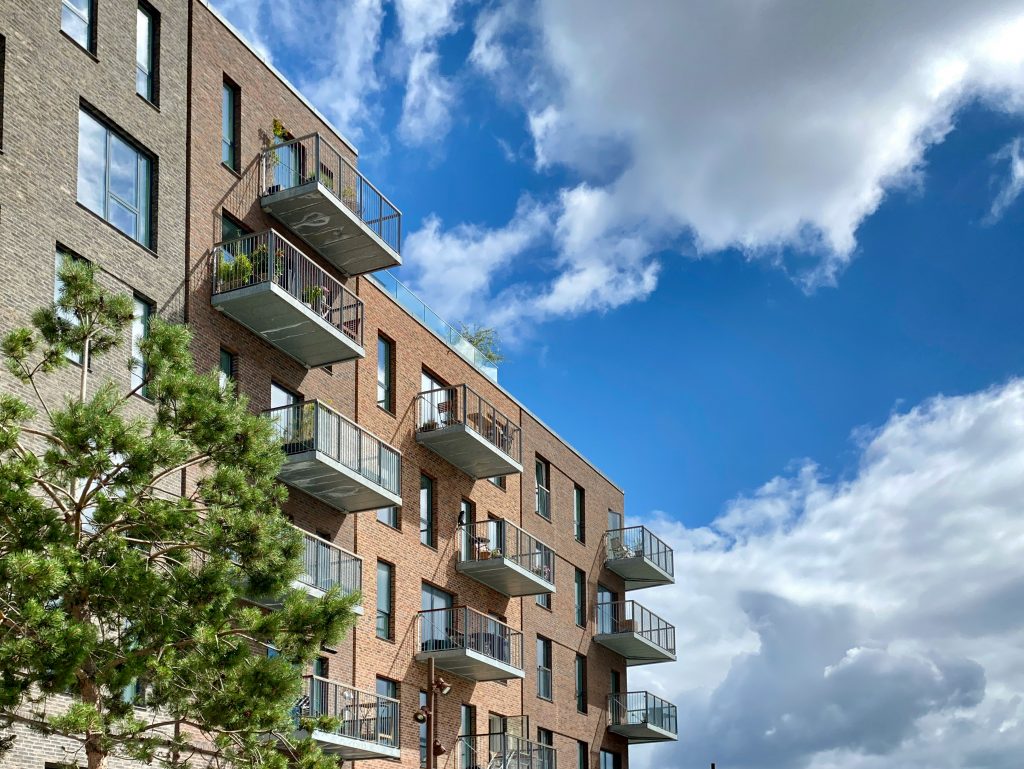There is a nationwide home insurance crisis with condominiums being especially affected. Over the two years, property insurance companies have been trying to navigate steep losses due to inflation, increased insurance construction costs, and catastrophic events such as hurricanes, flooding, and wildfires. Insurers have raised premiums, cancelled policies, refused to renew others and others have stopped writing coverage.
What is contributing to the condominium insurance crisis?
Insurers are evaluating the condition of buildings, the funding and implementation of reserve studies, and the structural analysis of buildings. Insurers require information to assess risks and determine premiums or to decline or cancel coverage. All these risks are being risks realized by insurers following the tragic Champlain Towers catastrophic collapse on June 24, 2021.
What does the Georgia Condominium Act require associations to insure?
Condominium associations have no choice in the scope of property insurance coverage. O.C.G.A. 44-3-107 of the Georgia Condominium Act requires associations to obtain and maintain property insurance to rebuild each structure, including the interior of units, to the condition at the time of the loss, excluding betterments and improvements made to a unit since the sale from the declarant.
The Act also requires the coverage be written on a replacement cost basis. This means the damaged property is valued at the cost to replace it with brand new materials; the property is not depreciated to its value at the time of the loss. That results in insurers paying more.
How has insurance policy shopping become more challenging?
Combined, the analysis of the risks and requirements of the Condominium Act are resulting in increased premiums. While 20% is the average increase, older buildings and buildings with frequent claims have seen up to a 400% increase in a next year’s premium, for example, $400,000 to $1.6 million, with one- third of the premium due at signing which increasingly must be pulled from reserves and the remainder financed.
We have heard some clients express frustration with receiving only one proposal. Others have complained that the increase in the premium for the only proposal was significant and that the association only had 24-48 hours to take it or leave it. It is not a matter that an insurance agent or a manager “waited to the last minute.” To the contrary, single proposals and short acceptance times show the state of the insurance market. It shows the professionals’ diligence in finding a carrier willing to write the coverage before an existing policy expires.
To date, we are not aware of an association that did not receive a proposal. In a few instances, the carrier conditioned coverage on the association performing remedial work within a few months of the effective date of the policy. Further, with aged structures, insurance underwriters face the challenge of considering protection for changes in building codes or laws during the repair or rebuilding of a property after a covered loss which can require upgrades and modifications to bring the property into compliance.
What options do associations have to pay for increased insurance premiums?
We have worked with associations that fear they cannot afford the required coverage. Because obtaining and maintaining insurance is state law and it is a condition of lenders to issue mortgages, the insurance bill must be paid. For most, when premiums increase exponentially, there is the need to make a down payment and to finance the remainder of the amount. Aside from using reserves to make down payments, Boards have turned to imposing a special assessment. O.C.G.A. §44-3-80(g)(1) of the Condominium Act authorizes a Board to impose a special assessment up to one-sixth of the annual assessment per unit without a vote of the members, if allowed by the association’s governing documents. After imposing a special assessment up to the specified amount to make the downpayment, the Board of one of our clients proposed, and the members approved, a special assessment to pay for the remainder of the premium, rather than finance it. If those actions are insufficient to cover the premium, Boards will have to eliminate non-essential expenses.
What happens if an association’s insurance policy lapses?
The Board must immediately notify the unit owners that until further notice the buildings are uninsured. So, if a fire damages or destroys a unit or building there will be no insurance payment. The notice should also advise each unit owner to contact their insurance professional to discuss obtaining property coverage. During that time, the Board is obligated to continue to find a carrier and secure coverage. The notice does not relieve the Board of its obligation to obtain and maintain the property insurance required by the Condominium Act.
How do we navigate a path forward?
As the insurance market has had to readjust to changing climate and building conditions, associations are forced to constantly assess their coverage, build up capital reserve accounts, repair and replace components based on reserve studies, and do what they can to minimize risk exposure. With the industry predicting a continuation of annual increases in premiums and the need to fund reserve accounts, the hard reality is budgets, and the resulting annual assessments, will have to increase unless other services are cut.
At NowackHoward we regularly collaborate with insurance industry partners as part of our commitment to fostering community resilience and facilitating viable solutions amidst the evolving insurance landscape. Contact NowackHoward and our team of experienced Georgia HOA attorneys for your legal needs and any questions you may have about your community’s insurance.


